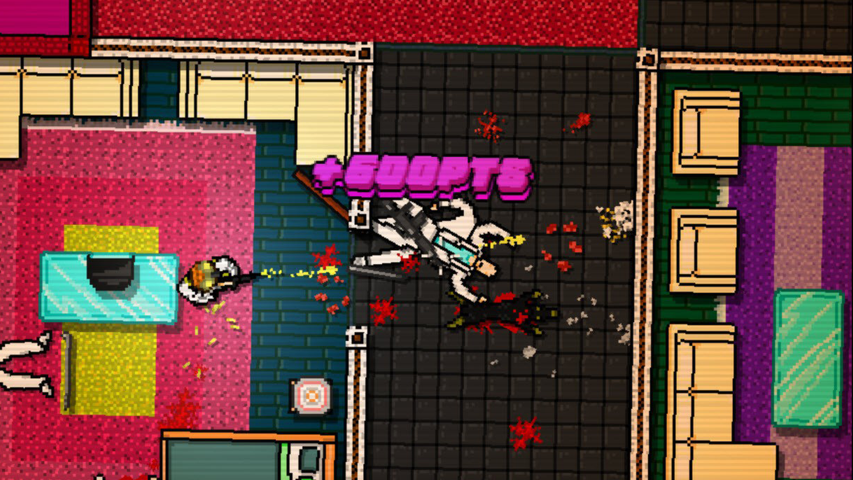How will the GameMaker be affected by its sale to Playtech?
Recently, PlayTech acquired the authors of the GameMaker game engine for $ 16 million. Yesterday, our colleagues from Develop in connection with this transaction were interviewed by the former CEO of YoYo Games, Sandy Duncan. About the main points of the conversation – in our material.
The first Hotline Miami was made on GameMaker
Let’s start with the most important thing: as part of working with developers, the engine policy will not change.
It will still be available to developers and will be updated regularly. It’s just that now the company will be able to invest more resources in its development. This will, according to Sunday, “make the system faster, more productive, more user-friendly and suitable for a wider audience of professionals.”
But the announcement that YoYo Games is now considering new licensed models is alarming. Recall that at the moment the basic version of the engine is distributed for free. The version that removes the splash-screen and gives access to the Marketplace costs $49.99. For a complete set (mainly, we are talking about exporting to iOS / Android), you will have to pay a serious $ 799.99.
Anyway, the team plans to work closely with Plamee, the Russian “daughter” of PlayTech, work on the “porphtholio of casual games” (whatever that means), integrate a number of services of the new owner of the company into the engine, as well as the release of GameMaker 2 this year.
As for the answer to the question why the British needed to acquire Scottish developers, Sunday quite specifically answers that the deal will allow PlayTech to further diversify the business. Plus, the company gets access to a huge developer base this way. Considering that PlayTech, first of all, is engaged in the creation of integration services, the latter, to put it mildly, is critical for it.
The full version of the interview is here.
Also on the topic:
YoYo Games is a Scottish studio, known mainly for its game engine designer Game Maker. The first version of the latter appeared long before the creation of the company itself — in 1999.

